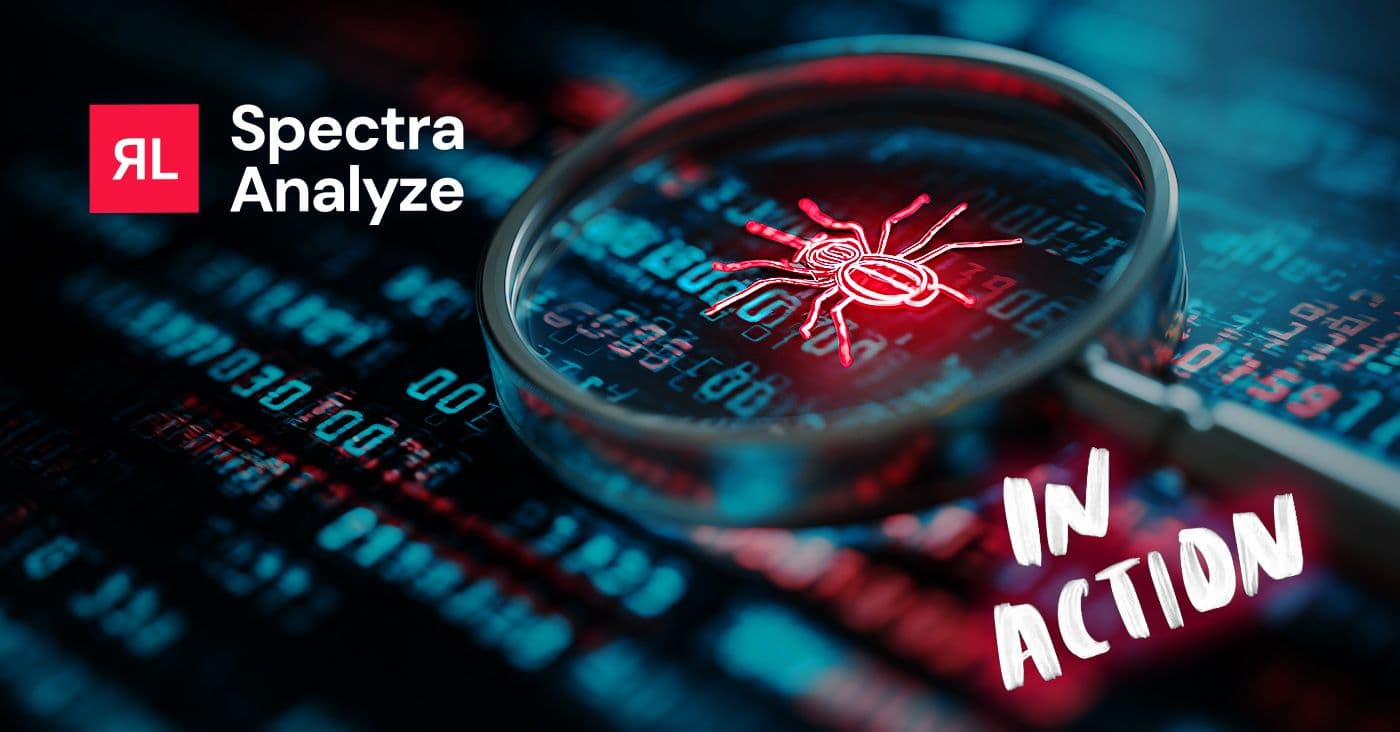
How AI agents upend supply chain security
Here’s what you need to know about their impact on software security — and what you can do to fight back.
Software supply chain security refers to the comprehensive process of securing the components, activities, and practices involved in the creation and deployment of software. It encompasses every step of the software development lifecycle (SDL), from initial coding to final deployment, ensuring the integrity, authenticity, and reliability of the software throughout its journey from conception to production.
Mitigating cybersecurity risks: In today's digital landscape, where cyberattacks continue to evolve in sophistication, safeguarding the software supply chain has become paramount. It is not just a matter of protecting against traditional threats; it's about staying one step ahead of cybercriminals constantly seeking new vulnerabilities and exploits. Organizations can significantly reduce their exposure to these threats by focusing on software supply chain security.
Protecting data and intellectual property: A compromised software supply chain is like an open door to data breaches and the theft of valuable intellectual property. In such a scenario, cybercriminals can infiltrate an organization's systems, access sensitive data, and steal intellectual assets. The consequences of such breaches are twofold: significant financial losses and reputational damage that can be difficult to recover from. It's not merely about financial losses; it's about preserving the trust and confidence of customers, partners, and stakeholders.
Ensuring regulatory compliance: In an era of heightened data protection and privacy concerns, many industries are subject to stringent regulatory requirements. Failing to meet these regulations can result in substantial fines and legal repercussions. Robust software supply chain security measures are essential for organizations to align with these regulations effectively. Compliance isn't just a checkbox—it's a critical aspect of maintaining operational integrity and legal standing within the industry.
Maintaining customer trust: One of the most significant casualties of security breaches is customer trust. When an organization falls victim to a software supply chain attack, it sends a clear message to customers that their data and privacy are not adequately protected. This erosion of trust can lead to customers seeking alternatives, negatively impacting an organization's bottom line. Prioritizing software supply chain security is a way for organizations to reassure their customers that they take their data and privacy seriously, fostering and maintaining strong trust and loyalty among their user base.
Learn how Spectra Assure helps secure your software supply chain →
The 2020 SolarWinds cyberattack marked a significant turning point in how organizations view software supply chain security. This attack, part of a broader campaign targeting the software supply chain, brought to light the vulnerabilities that can exist within even the most trusted software providers. The repercussions were widespread, affecting both government agencies and private companies, and highlighting the urgent need for stronger security measures.
Following SolarWinds, the discovery of the Log4Shell vulnerability in the Log4j2 open-source library in 2021 reinforced the reality of software supply chain risks. This vulnerability demonstrated that these threats are not just theoretical; they pose real and significant dangers that require immediate and ongoing attention from organizations across all sectors.
While these recent events have drawn considerable attention to the issue, it’s important to recognize that software supply chain attacks are not a new phenomenon. Such attacks have been occurring for years, albeit with less visibility and urgency. The heightened awareness and response today reflect the growing complexity of the software ecosystem and the increasing reliance on third-party components.
In response to these evolving threats, organizations are now prioritizing software supply chain security by implementing rigorous protocols such as thorough code verification, continuous monitoring, and stringent supplier vetting. These measures are critical in mitigating risks and protecting against future attacks.
These findings underscore the urgent need for enhanced software supply chain security measures across all sectors. For a comprehensive analysis and more detailed insights, read the full State of Software Supply Chain Security 2024 report.
For further insights into software supply chain security, explore the following articles etc.:

Here’s what you need to know about their impact on software security — and what you can do to fight back.

With AI-powered tools readily available, sophisticated attacks no longer require sophisticated attackers.

Learn how to use RL’s analysis of "pkr_mtsi" to advance your detection engineering in Spectra Analyze.